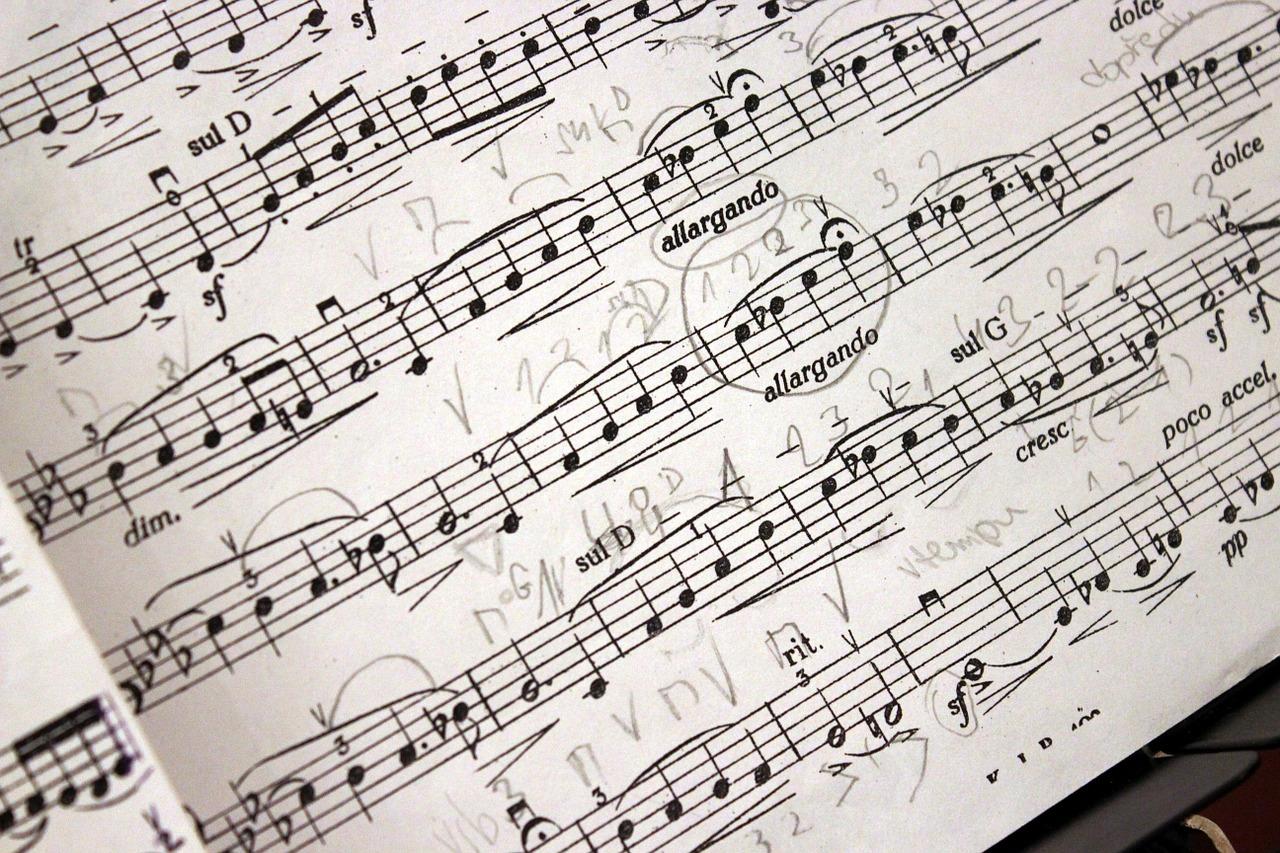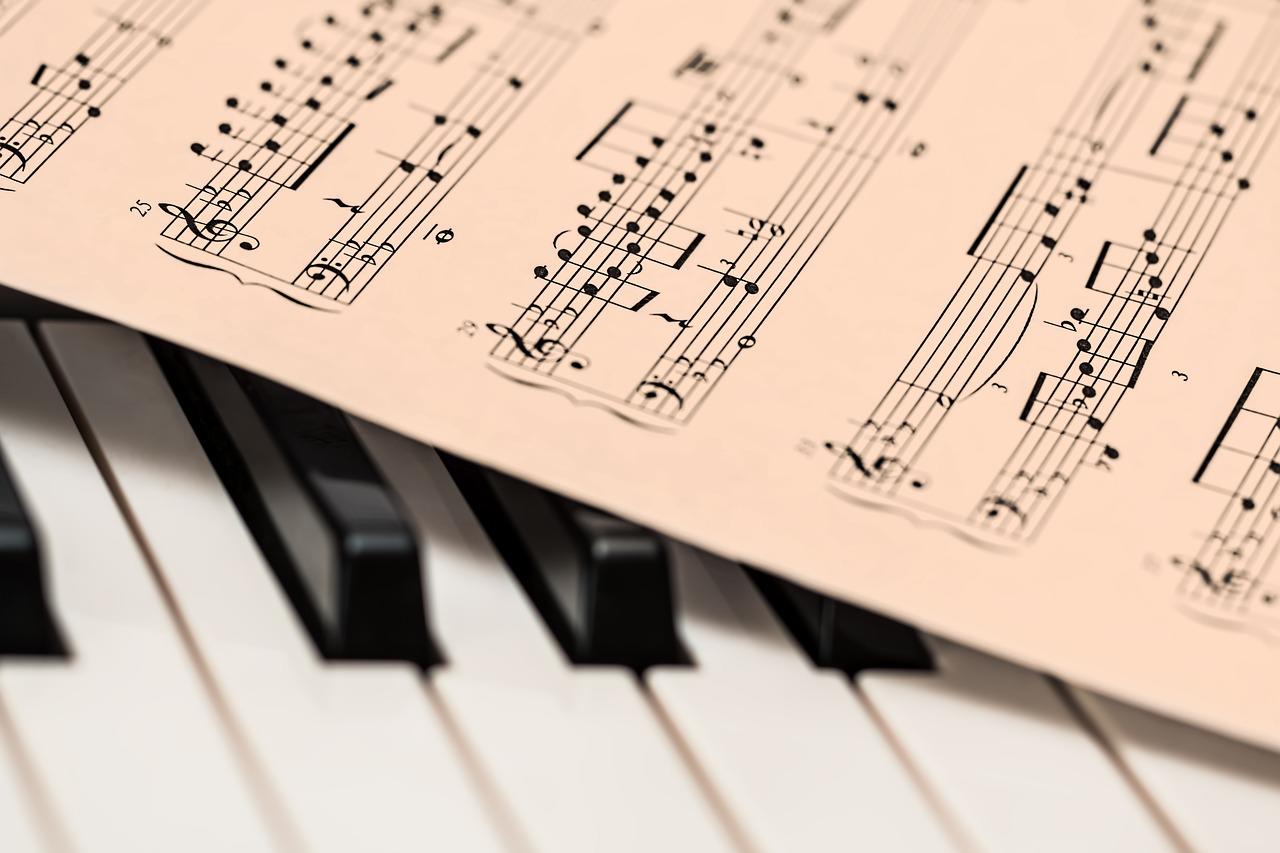Learning a new language can be extremely creative and this could not be more true than when it comes to learning how to speak Italian. When you learn basic Italian, you have the option of tapping into Italian music, gastronomy, cinema, history, and culture to make your lessons more relevant, and more enjoyable.
All of these aspects for which Italians are famous can be powerful when utilised by a private Italian tutor. And even if you cannot find a teacher near you, there are thousands of tutors from all over the world, accessible through Superprof who can help you to learn to speak Italian.
So regardless of where you live, if you are so in love with Italian opera (or any Italian music for that matter) to the degree that you want to learn the language and delve further into it, thanks to the internet, you have many options.
Superprof is a website that helps learners to find their ideal private, in-person, or online tutor for all categories of subjects and budgets.
Of course, another option to learn basic Italian is to try and find a language school that offers it as a course in your hometown.
And what about if you’re fascinated by music?
As we’re going to see Italian music shares a long history, spanning several centuries with this romantic language!


Reasons Why Italian is the Language of Music
Apart from world-famous Italian cuisine, Italian music is a well-regarded art form where both Italian opera and Italian music terms continue to have an important place on the world stage.
This is a surprise to many people who believe that English is the universal language between musicians and their fans since the beginning of popular music like blues, jazz, and rock.
It is true that there are many musical terms (bridge, medley, and cover) as well as lyrics and titles that are in English which, besides Italian, makes it an important language in the field of arts and culture too.
Modern-day classic hits have certainly been written in English, by English-speaking musicians. However, it is Italian music, and indeed Italian music terms that have dominated classical music for centuries.
The first suggestions of the Italian language being used within musical contexts are from the Middle Ages:
- Guido d’Arezzo (992 – 1033) invented modern musical notation.
- Petrarch (1304 – 1374), the Italian poet and 14th-century renaissance initiator.
It was during the 14th to 18th century Renaissance which began in the Italian city of Florence that music truly took hold of Italy. At this exciting time, modern Italian music developed and began to have an influence all over the world.
The History of Italian Musical Terms
It was during the Baroque period in particular that Italian Opera, other Italian Music, its composers, and its musical language first began to spread throughout the rest of Europe.
This time in history which spanned the 17th and 18th centuries was heavily focused on the harpsichord, a popular keyboard from the period.
Decades and centuries continued to pass and Italian music terms continued to dominate language associated with music as it does today.
Whether you speak Italian or not, you have the opportunity of taking part in this musical heritage! For example, here is a list of the musical vocabulary that could set you on a journey to learn basic Italian in no time at all.
- Acappella: without instruments
- Adagio: slow
- Allegro: lively
- Andante: at walking pace
- Concerto: solo instrument accompanied by an orchestra
- Crescendo: increasing in volume
- Diminuendo: becoming softer
- Forte: loud
- Mezzo forte: moderately loud
- Pianissimo: very quiet
- Piano: quiet
- Poco a poco: bit by bit
- Presto: fast
- Tempo: timing
These are only a few key examples, however, the amount of vocabulary that is used in English music is incredibly extensive.
If you are learning a musical instrument or have hopes to do so, by learning music theory you are on the road to learn basic Italian. Once you have a sense of the language, you could certainly progress to more day-to-day phrases like greetings, days of the week, and the alphabet. Thanks to your initial introduction to Italian music terms, eventually you could speak Italian.
For those learning a musical instrument today or are hoping to take it up, learning music theory does count as knowing some Italian - even if it seems you don't know anything 'useful' such as greetings, the Italian alphabet, days of the week, or common Italian phrases and expressions.
If you would like to speed up your endeavours to speak Italian, consider the help of a private tutor to learn basic Italian and improve your fluency as a fluency language.
Working with a tutor means that as you learn grammar, phrases, and vocabulary, you can ditch your store-bought phrasebook as your conversational skills will begin to take off.
Once your fluency improves you will be able to work on the melodic pronunciation that makes the language so beautiful.

You'll probably realise Vivaldi's Four Seasons or Verdi's Dies Irae from the very first chord ¦ source: Visualhunt - ancasta1901
The Great Classical Italian Composers
So with classical music and Italian opera setting the tone, it is unsurprising that Italian is known as a language of beauty.
While French and Portuguese are renowned for their graceful phonetics, there is something about Italian that truly makes it a beautiful language to speak and a beautiful language to hear.
It is really no wonder then that beautiful music is often written by Italian composers.
It doesn’t even take a deep knowledge of Italian opera or classical music to have heard of at least one Italian native who has left a mark in the history of music.
Among these great composers and musicians from history are:
- Gregorio Allegri
- Giovanni Gabrieli
- Antonio Salieri
- Francesco Cavalli
- Claudio Monteverdi
- Cesare Negri
- Vincenzo Bellini
- Antonio Vivaldi
- Gioachino Rossini
- Giacomo Puccini
- Bruno Maderma
- Gaetano Donizetti
- Giuseppe Verdi
- Domenico Scarlatti
These great names symbolise centuries of transpositions, scores, crotchets, minims, and other Italian terms which still make it the language we most associate with music today.
If you love both music and Italian, there are many ways to continue learning about both.
During your tertiary education, you could have the opportunity to take optional Italian lessons. You could choose Italian for beginners or even the history of art.
Classrooms aside, one of the best ways to learn any foreign language is to truly try and immerse yourself in the culture and language. To do this, you would need to visit, work or study in Italy which will no doubt be an experience of a lifetime that you will not only benefit from but also never forget.
If you are a budding musical virtuoso, Italian is an important language. But music is not the only place to express this beautiful language. Did you know that learning to speak Italian can be a real asset for those in the fashion industry?
The Relationship Between Italian and Music
We know that the history of music has deep Italian roots, but what about its modern music of today? Fortunately, the legacy of music continues to live on long after the famous composers of the Renaissance died.
Contemporary Italian music has been blessed with the appearance of genius modern-day composers like Ennio Morricone, Sylvano Bussotti, and Luciano Berio.
There was also a powerful resurgence of Italian music during the 1990s through popular Italian opera when artists such as Luciano Pavarotti, Roberto Alagna and Andrea Bocelli reached incredible heights of fame. Opera fans will also know names like Carlo Bergonzi, Mario Del Monaco, and Enrico Caruso, all of whom spoke and sang in Italian. These were artists who truly brought language and music together like a match made in heaven.

Italian and Modern-Day Music
So if there is an official language when it comes to music, it is Italian, but of course, being a musician and speaking Italian are two very different things even when Italian music terms are so widely used by English and other speakers.
Terms like ‘da capo’ or ‘playing staccato’ may be well used in Italian opera and classical music circles, but what about popular modern music of today?
Today, contemporary music is greatly influenced by modern Italian singers, whose songs are famous all around the world:
- Mina
- Laura Pausini
- Eros Ramazzotti
So, Italian is, without doubt, a musical language in its melodic intonation, as well as in its history and widespread influence. If you are motivated by music and languages, then learning to speak Italian will surely be a natural progression for you.
If you’re in South Africa, using Superprof to find Italian lessons is a highly recommended solution. Not only will you have the peace of mind of knowing that every tutor’s credentials are verified, but you will have various options to choose from to suit your level of ability and budget. You also have the benefit of being able to choose from in-person lessons with someone near you or learning online via webcam with a tutor from anywhere in the world. Making the right choice in a tutor is vital, and this is made easier by using Superprof when you are able to get your first lesson for free!
Summarise with AI















